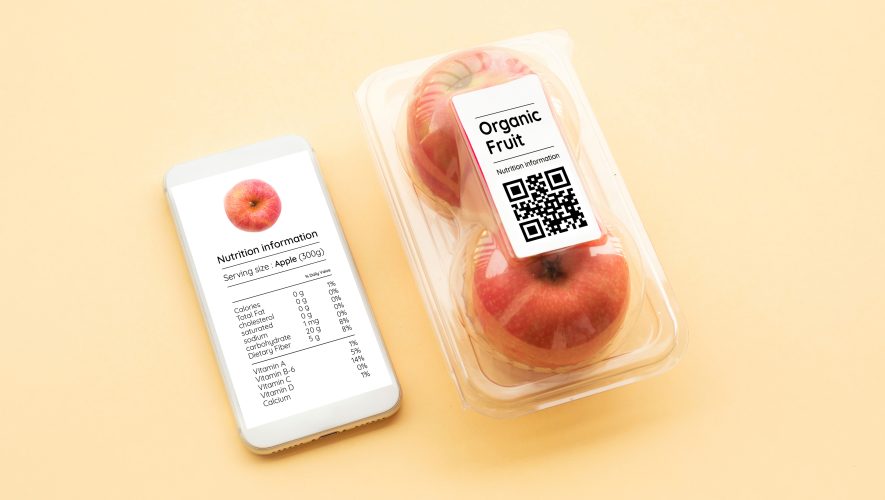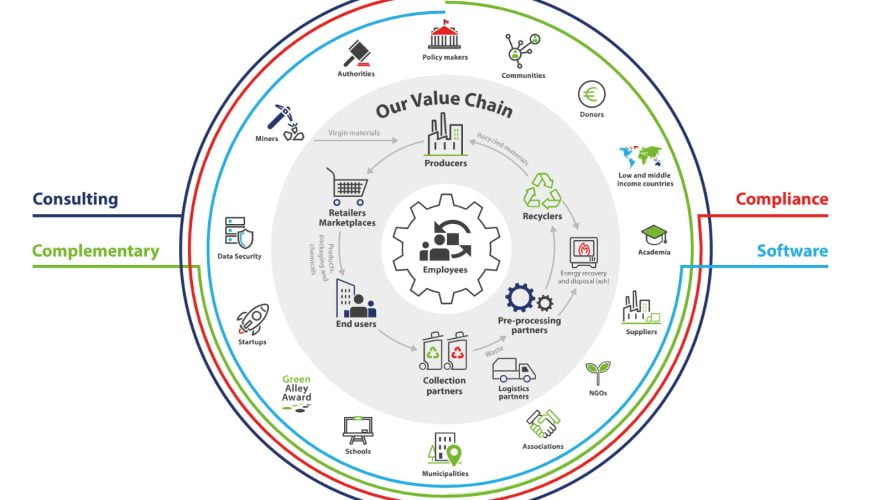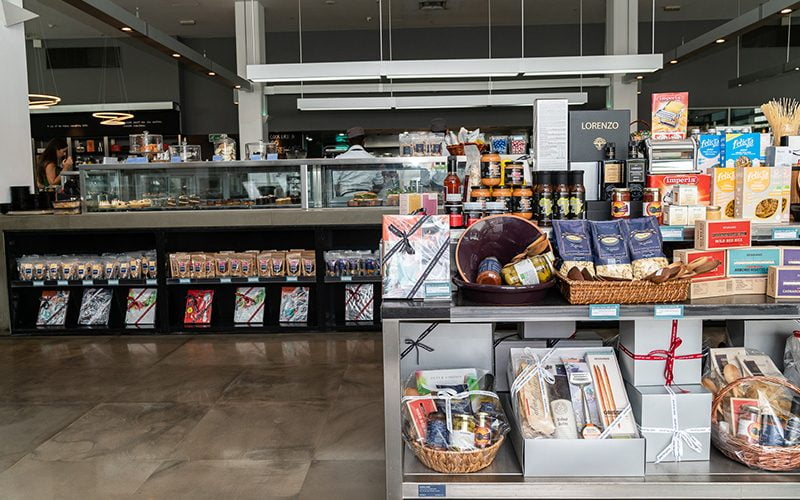One thing that every producer needs is something to pack or enclose their product in. Not too long ago, the options usually varied by material; you could only choose between paper or plastic. According to Data Bridge Market Research, the future is however, gearing towards more advanced technologies as the market for active, smart and intelligent packaging in MENA is expected to grow considerably with a CAGR of 5.8% in the forecast period of 2021 to 2028 to reach USD 7,528.57 million. We’ve been seeing more interesting and innovative solutions, from smarter to more sustainable packaging. F&B producers have dozens of different options and need to choose wisely to add worth to the product, entice customers, or align to the brand’s values.
Smart packaging is an umbrella term used to describe a package with increased functionality through new technology. There are two main types of smart packaging. The first is active packaging, which extends shelf life or protects the product. Second, there is intelligent packaging, which can monitor the product’s condition and, in more advanced cases, communicate changes to the user.
Overall, there are three major technologies that are currently in use in smart packaging: sensors (biosensors, gas sensors), indicators (temperature, freshness), and data carriers (QR codes, barcodes, RFID and NFC chips). These technologies turn packaging into an intelligent tool that can help enable traceability, improve product integrity, and encourage consumer engagement.
The main role of packaging is to protect your product and make sure that the consumer experience is the best. Using active packaging helps do just that, as it employs technology that intentionally releases or absorbs compounds from the product and can be divided into active scavenging systems (absorbers) and active-releasing systems (emitters). Active packaging enhances a product’s shelf life and reduces contamination, and indirectly reduces food waste.
We’ve also seen advances in the use of nanotechnology across the packaging supply chain, from packaging material to product safety, verification, and tracking. It utilizes bio-nano composites consisting of nano particles embedded into a biopolymer matrix – with dimensions less than 100 nm to protect packaging against dust, grime, and stains.
While smart packaging is functional, it can also be sustainable. Consumers are more aware of the impact their choices make on the environment and the food and beverage industry has been consistently moving away from traditional packaging to more sustainable packaging options. Producers have a responsibility to choose packaging that is biodegradable, recyclable, uses less material, and can be reused somehow. Metal RFID tags, unrecyclable materials and harmful chemicals in inks are all being replaced with options like paper RFID tags, conductive inks made from recyclable materials such as graphene and plant-based products that biodegrade. Smart and sustainable packaging can also take a storytelling approach, as Italian tinned tomatoes brand “Princes” incorporated QR codes and blockchain technology in their packaging to communicate the story behind the product from farming cooperatives to supermarket shelves, all in an effort to improve sustainable practices in Italian agriculture.
Packaging is the first thing people notice about your product. Consumers recognize your packaging and branding, even before they notice the food or beverage itself, so the better it is, the better it performs for your product overall. Yet the future of packaging doesn’t need to only be functional but also consumer-engaging, as PEPSI used special QR coded cans to immerse consumers in an Augmented Reality experience on its 10th anniversary as the Super Bowl halftime show sponsor. So stay tuned as we continue to explore the world of packaging to help you make better informed choices for the future.



